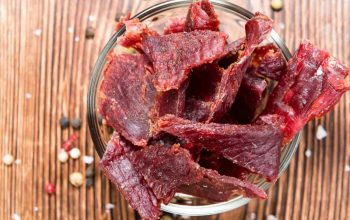Breastfeeding is probably the most important change you will experience in your post-pregnancy program. It requires a nutritious diet and a few things to take care of. Before changing eating habits, personal consultation with a gynecologist or family doctor is recommended, as you must take care of your health.
Everyone needs a well-balanced and nutritious diet.
A nursing mother should monitor her diet, as it directly affects milk production. Learn useful nutritional information for breastfeeding moms. A nursing mother’s diet should be balanced and rich in essential nutrients. A balanced diet is helpful if milk production is less or the mother is weak. If a nursing mother’s diet is less, she will continue to produce milk using the food reserves of her body, but at the same time, she will become weaker.
A breastfeeding mother should not diet and, at the same time, should not excessively increase her food intake. If a woman goes on a diet to lose weight, she will become weak and emaciated. In case of excessive consumption of the diet, you will gain weight. Always eat what you ate before pregnancy.

Stick to a balanced diet. Many women mistakenly believe that if they drink more milk, they produce more milk. However, a woman will need extra calcium to feed her baby. Milk, bread, cabbage, and cheese are rich sources of calcium. There is no need to take additional vitamins if the mother eats a balanced diet. Food, if taken in excess, will disturb the mother’s digestive system and also upset the baby. A nursing mother should avoid hot spices or seasonings, as this causes slight indigestion in the child. Sometimes the Breastfeeding tea, egg or cow’s milk taken by the mother can cause an allergy in the child.
A breastfeeding mother should strictly reduce or stop smoking while breastfeeding her baby. Nicotine from cigarettes passes into breast milk, which makes the baby restless, agitated, and unable to sleep. Remember, heavy smoking is known to reduce breast milk. Smoking can also deprive you of sleep, which reduces your milk supply. Passive smoking can affect the child. It is recommended not to smoke near the child or in the room where the child sleeps. The child will inhale the smoke and may develop a lung infection.
A breastfeeding mother should also reduce or completely avoid alcohol while breastfeeding. The alcohol you drink will pass to your baby through your breast milk. Approximately 10% of the liquid you consume will pass into your breast milk, and your baby will receive a dose of your breast milk.
Summary
While feeding the baby, you can drink tea or coffee. They are not harmful to you or your child. They do not affect the production of breast milk. But don’t drink too much tea or coffee. Too much of anything is bad.




